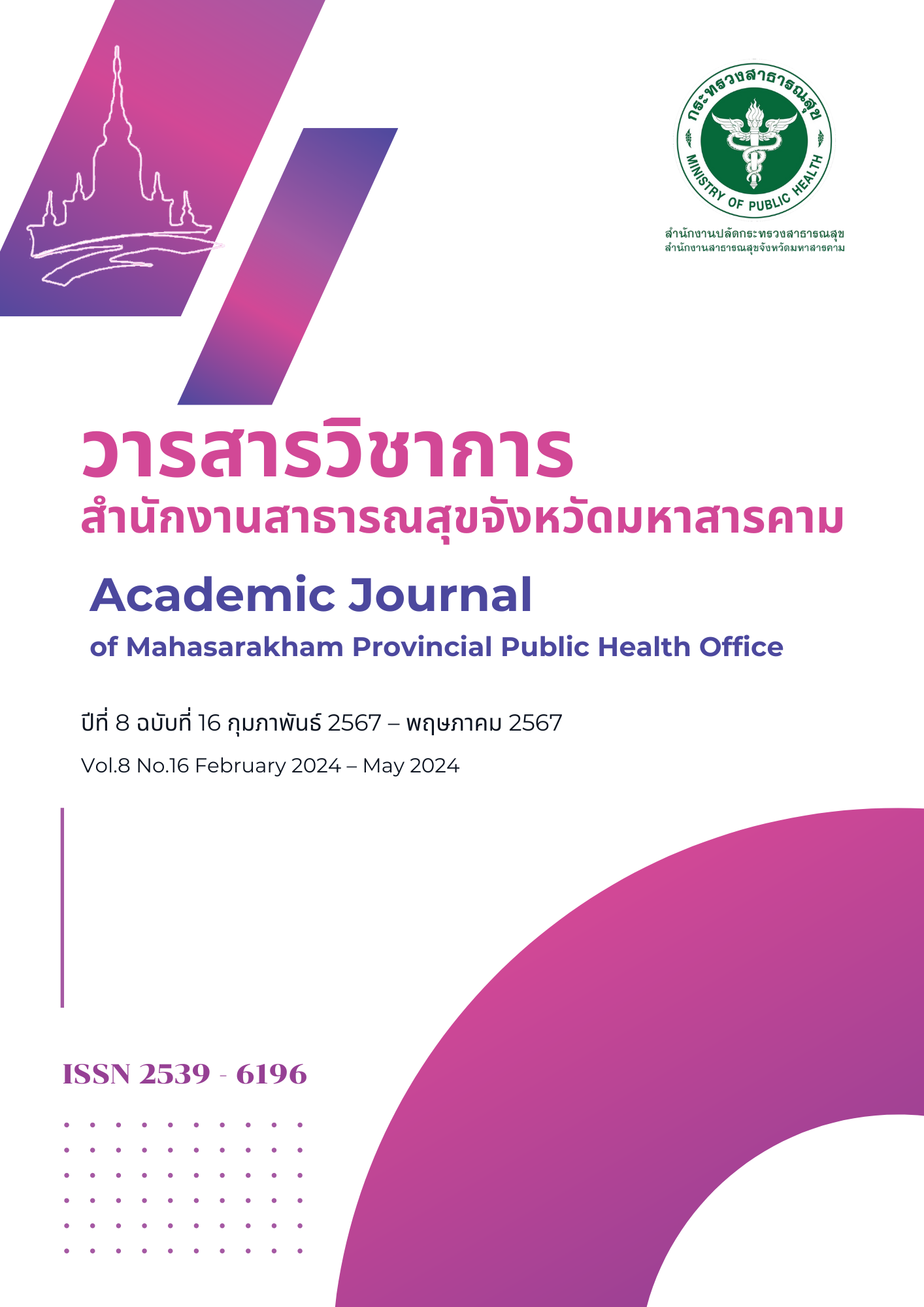Nursing care of stroke patients in recovery phase at community: two case studies
Abstract
Abstract
Objective : To examine and compare the use of community nursing processes for two patients with acute stroke
Method : The study involves a comparative case study of two patients with acute stroke undergoing rehabilitation. The study tools include data recording forms, data collection using the INHOMESSS family practice guideline and home visits, analysis and comparison of illness severity, nursing assessment, nursing activities, and outcome assessment.
Results : The study found that both case study patients had similar issues, including the risk of complications due to the disease's severity, communication and feeding difficulties due to brain damage, and relatives experiencing anxiety in caring for the patients. Case study patient 1 felt demoralized due to loss of independence, requiring support to motivate the patient and family involvement to promote physical recovery, resulting in gradual improvement. In contrast, case study patient 2 had good motivation but needed caution to prevent accidents due to weakness in the right arm and leg, requiring muscle strengthening and being at risk for recurrent strokes. The nursing care for both patients faced challenges and differences, influenced by factors such as age, family care, and patient's mental strength.
Conclusion : This study demonstrates the crucial role of nurses in promoting family involvement in the physical recovery of stroke patients, leading to comprehensive care for both physical and mental well-being.
Keywords : Case study, Nursing, Stroke patients


